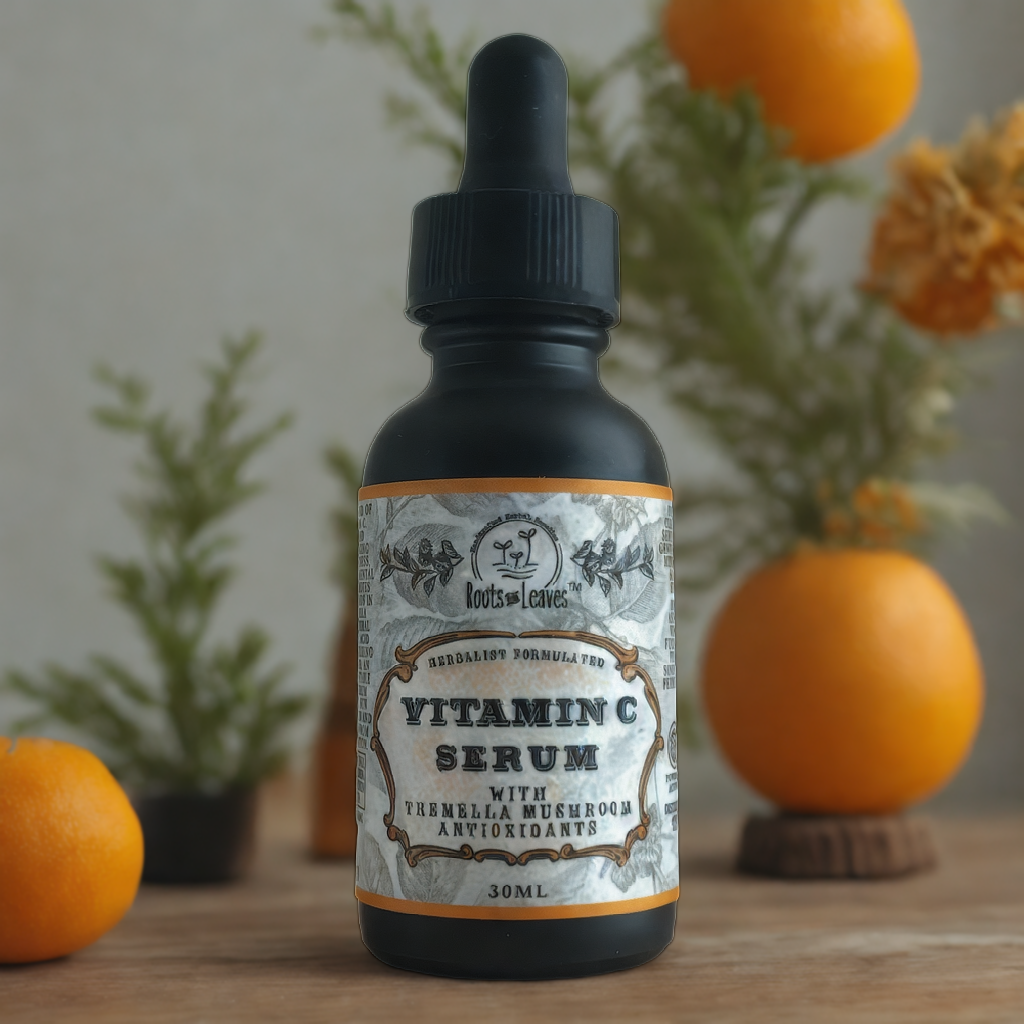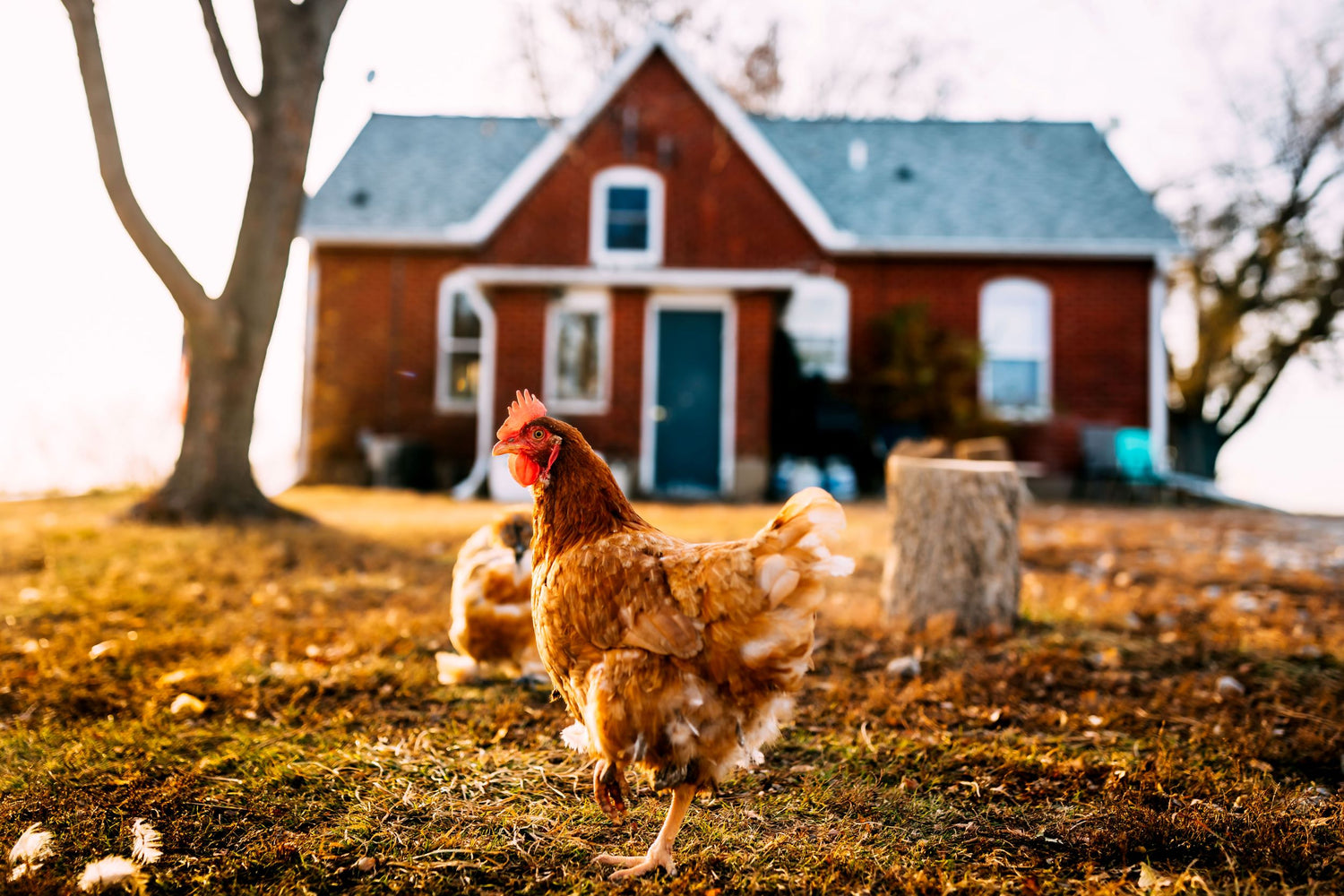Excerpt from:
How to have your own Chicken Flock:
Become a crazy chicken tender - The Little Red Farm Way
By Mindy McGrew
Things to know before you buy Chickens:
Here are a few things to consider before you jump into chicken keeping:
- Ask yourself “why do I want chickens?”
-
If your answer is for cheap eggs, please close the book and go back to buying eggs from your nearest discount grocery. Keeping chickens is not cheap. You can even buy the expensive eggs and it will take you years to reach the amount of money you put into a coop, birds, and feed.

- If your answer is because it can’t be that hard, you’re right and you're wrong. Keeping chickens can be simple, but it's something that takes daily action and consistent care if you want good quality eggs from healthy birds.
- If your answer is to have a small amount of control over where your food comes from, keep reading my friend. You can do this.
-
Are you aware that it takes 4-9 months for a chicken to begin laying eggs?
-
This is dependent on breed and time of year they are hatched, but you will be feeding that bird months before getting a single egg. That first egg though? So eggciting…a new egg color in your basket never gets old.

- Chickens are most consistent at laying eggs ages 6-24 months.
-
After that they will molt (shed and grow new feathers) each fall during which they will not lay eggs. They will resume laying eggs sometime after winter solstice as the days get longer and the weather warms.
- What will you do with chickens when they reach an age where they are no longer laying consistently?
- Will you cull them? (remove them from your flock?)
- Continue to feed birds that no longer produce? (this get expensive, trust me I know!)
-
Chickens can live to be 5-8 years old. While you don’t have to keep them that long, it is well past providing eggs consistantly and it will be your job to decide what to do with them.
- What will you do when you get unwanted roosters?
- Inevitably this WILL happen.
-
Don’t be the person that “rehomes” it and says it can’t be someone's
dinner. Sometimes the best thing for an animal is to have a great life and a quick death instead of ending up suffering with inadequate or inhumane care.

- Once you give up an animal you no longer have the right to say what happens to it.
- Local livestock auctions are a great option to allow the rooster to be of use to someone else as a flock guard or as food.
- You can humanely butcher your rooster, (which we will not cover in this book) and use it for stew meat and broth. However, keep in mind they are not tender or good meat for grilling etc.
- Death is an inevitable part of owning livestock.Can you (and your kids) emotionally, mentally, and financially handle that?
- Yes they are a livestock animal, not a pet, no matter how much you love and coddle them.
- It doesn’t matter where you live or how well you predator proof, you will lose chickens. Chickens are a prey animal. Predators will be an issue. Vehicles, foxes, coyotes, coons, possums, hawks will not care how much you love them.
- If you are not willing to replace your flock members as needed you may want to buy eggs from LRF or a friend.
- Some may age out, some may get ill, a coon, fox or neighbor’s dog may leave them in pieces, some will disappear.

Chickens are an absolute joy to have around. I call them my living lawn ornaments! But going into chicken keeping without considering these things would be a disservice to your time, money, and these lovely birds.
(This blog post is copyright and may not be used or reproduced
without the express permission of the author.)





0 comments